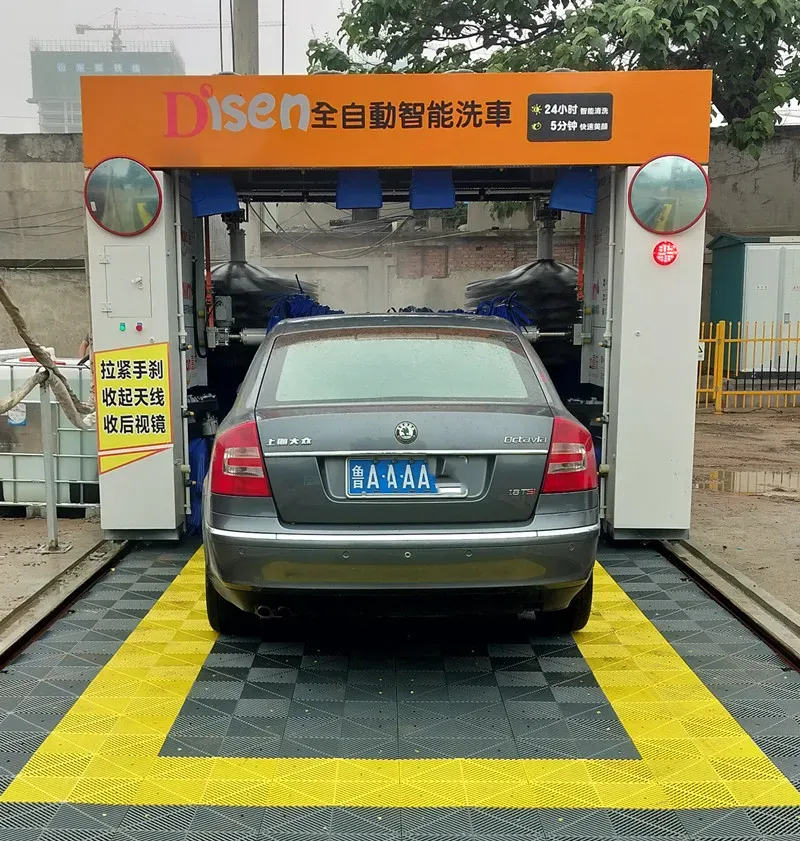
- Afrikaans
- Albanian
- Amharic
- Arabic
- Armenian
- Azerbaijani
- Basque
- Belarusian
- Bengali
- Bosnian
- Bulgarian
- Catalan
- Cebuano
- Corsican
- Croatian
- Czech
- Danish
- Dutch
- English
- Esperanto
- Estonian
- Finnish
- French
- Frisian
- Galician
- Georgian
- German
- Greek
- Gujarati
- Haitian Creole
- hausa
- hawaiian
- Hebrew
- Hindi
- Miao
- Hungarian
- Icelandic
- igbo
- Indonesian
- irish
- Italian
- Japanese
- Javanese
- Kannada
- kazakh
- Khmer
- Rwandese
- Korean
- Kurdish
- Kyrgyz
- Lao
- Latin
- Latvian
- Lithuanian
- Luxembourgish
- Macedonian
- Malgashi
- Malay
- Malayalam
- Maltese
- Maori
- Marathi
- Mongolian
- Myanmar
- Nepali
- Norwegian
- Norwegian
- Occitan
- Pashto
- Persian
- Polish
- Portuguese
- Punjabi
- Romanian
- Russian
- Samoan
- Scottish Gaelic
- Serbian
- Sesotho
- Shona
- Sindhi
- Sinhala
- Slovak
- Slovenian
- Somali
- Spanish
- Sundanese
- Swahili
- Swedish
- Tagalog
- Tajik
- Tamil
- Tatar
- Telugu
- Thai
- Turkish
- Turkmen
- Ukrainian
- Urdu
- Uighur
- Uzbek
- Vietnamese
- Welsh
- Bantu
- Yiddish
- Yoruba
Understanding the Costs of Commercial Car Wash Equipment for Your Business Budget
Understanding the Costs of Commercial Car Wash Equipment
As the demand for car wash services continues to rise, entrepreneurs are increasingly investing in commercial car wash equipment. This investment is crucial for providing efficient services while meeting customer expectations for cleanliness and convenience. However, understanding the costs associated with commercial car wash equipment is essential for budgeting and planning. This article aims to provide insights into the different types of equipment, their associated costs, and factors affecting these expenses.
Types of Commercial Car Wash Equipment
The first step in understanding costs is knowing the types of equipment available. Commercial car washes typically utilize several types of equipment, each with varying price points
1. Self-Service Equipment This includes pressure washers, vacuum systems, and vending machines for car care products. Depending on the quality and features, self-service equipment can range from a few thousand dollars to tens of thousands.
2. Automatic Car Wash Systems These are more advanced systems that include conveyor belt washes, in-bay automatics, and tunnel systems. Automatic systems can range from $20,000 to over $1 million, depending on the size and capabilities of the system.
3. Equipment for Water Recycling To meet environmental standards and reduce water costs, many establishments invest in water recycling systems. These systems can cost anywhere from $5,000 to $50,000, depending on their capacity and technology.
4. Chemical Dispensing Systems Proper cleaning requires the right chemicals. Automated dispensing systems ensure consistent application of detergents and waxes, with costs ranging from $1,000 to $10,000.
5. Payment Systems Modern car washes increasingly rely on automated payment solutions, including credit card processing systems and mobile payment apps. These systems can cost between $1,000 and $10,000.
Factors Influencing Equipment Costs
Several factors influence the costs associated with commercial car wash equipment
1. Location The geographic location of the car wash can significantly affect equipment costs, including shipping fees, installation expenses, and local labor rates. Urban areas might face higher costs than rural regions due to demand and logistics.
2. Size of Operation The size of the car wash operation plays a crucial role in total equipment expenditures. A large tunnel wash requiring more substantial equipment will naturally incur higher upfront costs compared to a small self-service wash.
commercial car wash equipment cost

3. Technology Investment The integration of technology such as touchless washing systems and advanced water recycling processes will increase upfront costs but can reduce long-term operational costs and enhance service quality.
4. Brand and Quality Just like any investment, the brand and quality of the equipment can significantly affect price. Established brands that offer reliability and efficiency may come with a higher price tag but can provide long-term savings and customer trust.
5. Maintenance and Repair Costs Consider not only the purchase price but also the maintenance and repair costs associated with the equipment. Investing in high-quality, durable equipment may reduce the likelihood of breakdowns and subsequent expenses.
Budgeting for a Successful Investment
When planning to invest in commercial car wash equipment, create a comprehensive budget that includes the following components
1. Initial Purchase Costs Account for the purchase of main equipment and any additional installations.
2. Operational Costs Factor in recurring costs such as utilities, water, chemicals, and labor.
3. Maintenance Costs Set aside a budget for routine maintenance and unexpected repairs.
4. Future Upgrades Technology evolves rapidly; consider reserving funds for future updates or expansions.
5. Insurance and Permitting Remember to include costs related to permits, licenses, and insurance to operate a car wash.
Conclusion
Investing in commercial car wash equipment can be a profitable venture if approached with careful planning and understanding of costs. By knowing the types of equipment available, the factors affecting prices, and how to budget for expenses, prospective owners can make informed decisions that align with their business goals. Taking the time to research and invest wisely can set the foundation for a successful and lucrative car wash operation.
-
Integrating Aqua Tunnel Car Wash in Shopping CentersNewsJun.24,2025
-
Gas Station with an Auto Car Wash MachineNewsJun.24,2025
-
Efficiency in Your Aqua Tunnel Car Wash: Power & Water-SavingNewsJun.24,2025
-
Car Wash Business with Advanced Auto Car Cleaning MachinesNewsJun.24,2025
-
Balancing Setup Costs with Aqua Tunnel Car WashNewsJun.24,2025
-
Aqua Tunnel Car Wash: Eco-Design for the Energy-Savvy EntrepreneurNewsJun.24,2025



